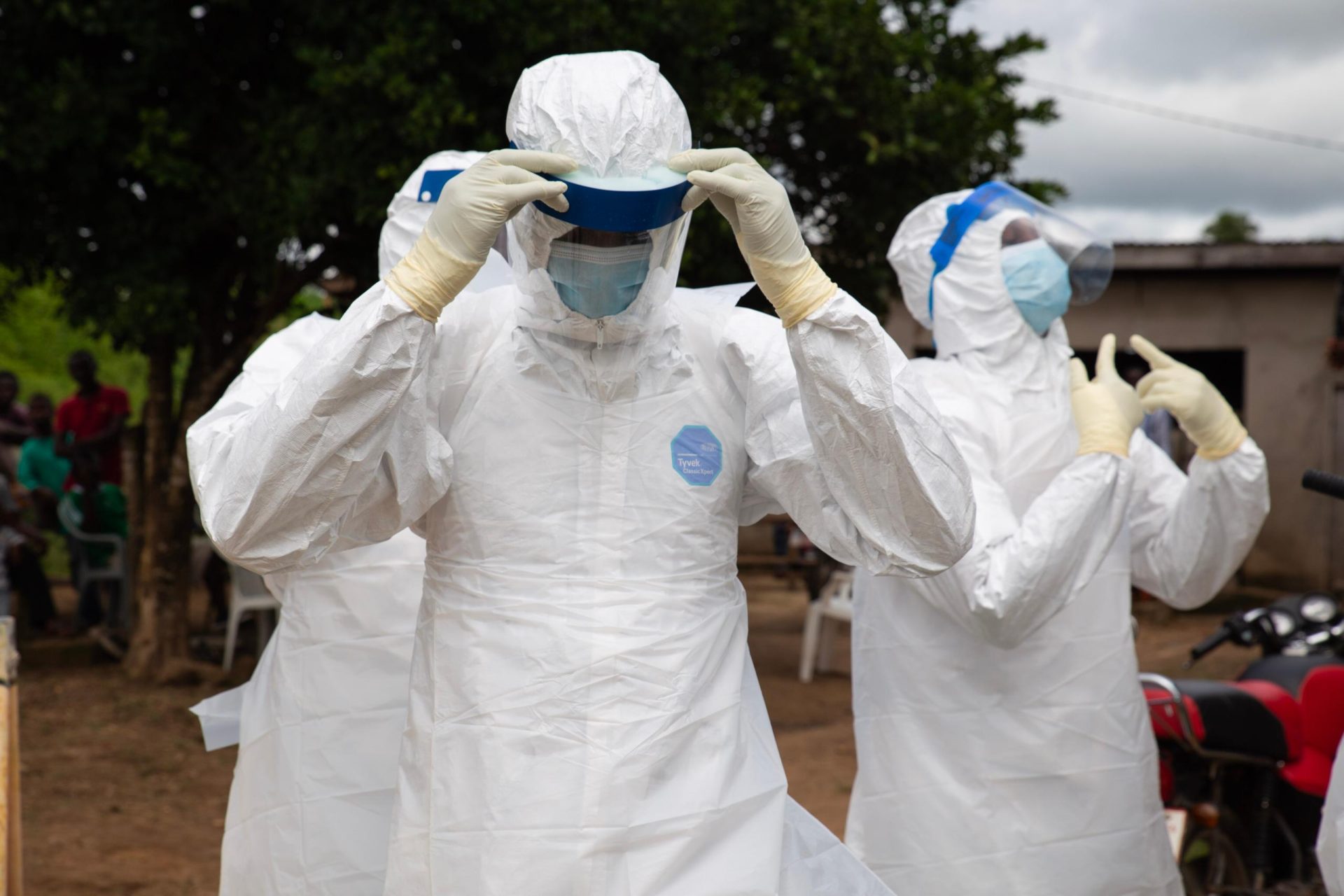Rising Cases of Ebola in DR Congo
The Democratic Republic of Congo is once again facing an Ebola outbreak, marking the 16th time the deadly virus has emerged in the country. Health authorities have confirmed multiple deaths and dozens of suspected infections, with communities in the Kasai province at the center of the current emergency. Ebola, first identified in 1976, continues to pose one of the most dangerous threats to public health in Africa due to its high fatality rate and the speed at which it can spread through human contact. The virus is transmitted through exposure to bodily fluids such as blood, vomit, or sweat, and in many cases it leads to multi-organ failure. The Centers for Disease Control and Prevention (CDC) (CDC Ebola Information) warns that without rapid intervention, the number of cases could rise sharply. In rural regions of DR Congo, fragile health systems and conflict zones make outbreak management especially difficult, complicating access for medical teams and delaying timely treatment.
Preventive Measures and Vaccine Distribution
To reduce the spread of Ebola, public health organizations are reinforcing preventive actions such as frequent handwashing, safe burial practices, and avoiding physical contact with infected individuals. The World Health Organization (WHO Ebola Response) has deployed rapid response teams to work alongside local health workers, focusing on contact tracing and isolation of suspected cases. One of the most effective tools against Ebola is the Ervebo vaccine, which has shown strong protection against the Zaire strain of the virus. DR Congo currently has stockpiles of this vaccine, and distribution is being prioritized in high-risk areas. The UNICEF health program (UNICEF Ebola Efforts) is also playing a critical role by providing protective equipment, supporting vaccination campaigns, and educating communities about hygiene practices. Vaccination not only protects individuals directly exposed but also helps create a buffer zone that prevents the virus from spreading further.
Global Implications and the Path Forward
Although Ebola outbreaks are most often concentrated in Central Africa, their consequences have global implications. International travel and trade can quickly turn a regional epidemic into a worldwide crisis if preventive measures are not implemented effectively. The National Institutes of Health (NIH) (NIH Ebola Research) continues to study experimental treatments and therapies to improve survival rates and develop long-term strategies against the virus. The economic impact of Ebola is also significant, as outbreaks disrupt trade, agriculture, and local economies in affected regions, often costing millions of dollars in lost productivity and emergency funding. Strengthening healthcare systems, increasing investment in vaccines, and ensuring international cooperation are essential to preventing future crises. By combining advanced medical research, community engagement, and global support, there is hope not only to contain the current outbreak but also to reduce the threat of Ebola in the years ahead.



